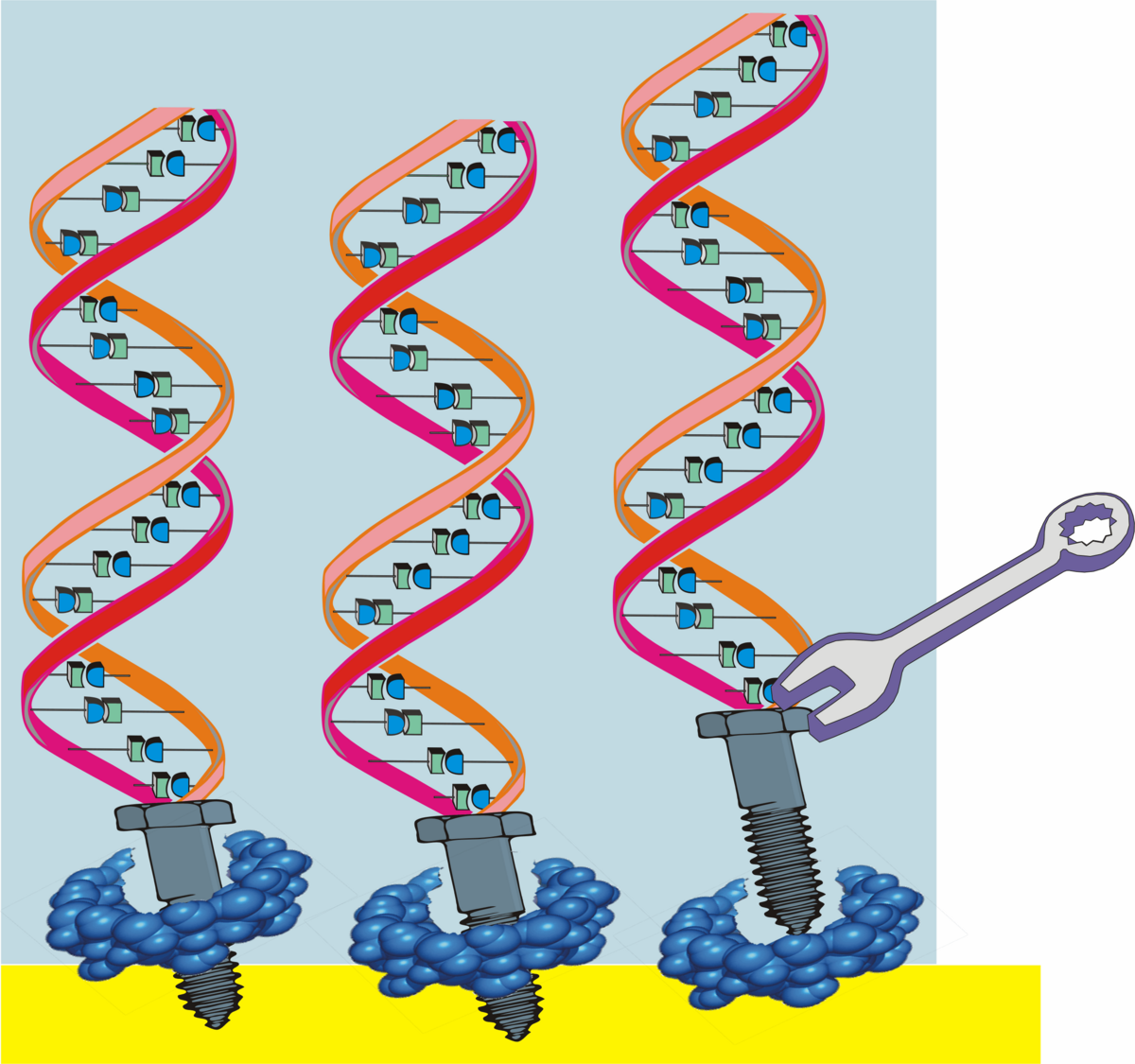
The Nanobiotechnology research group is working on development of novel chemical and biological sensors with optical or electrochemical measuring principle. The developed sensors are mainly used for detection of (single) nanoparticles by surface plasmon resonance (SPR) spectroscopy and microscopy. Other scientific projects deal with the extensive use of impedometric and other electrochemical measurement methods and development of chemical sensors based on conductive polymers and polymer-nanoparticle composites. Furthermore, the focus is on the development of new technologies for detection of individual technically produced (e.g. Au, Ag or TiO2 nanoparticles) or biological nanoparticles (e.g. viruses, liposomes etc.). These techniques are intended to be used in identification and quantification of nanoparticles from inorganic and organic materials. In the course of the recently completed EU project (“Nanodetector”), a prototype of an SPR microscope was developed with a possibility to detect and analyze individual nanoparticles (≥ 10 nm) in real time.
The work in these projects includes optimization or development of corresponding technologies in surface chemistry, such as new methods for chemical immobilization of biomolecules, spatially directed immobilization, molecular imprinting of polymers, photografting polymerization and electropolymerization and self-assembling monolayers. We are also interested in investigating the influence of nanomaterials on artificial lipid membranes.
The working group has various commercial and self-made measuring devices at its disposal for effective development of biosensors and characterization of sensor surfaces.
